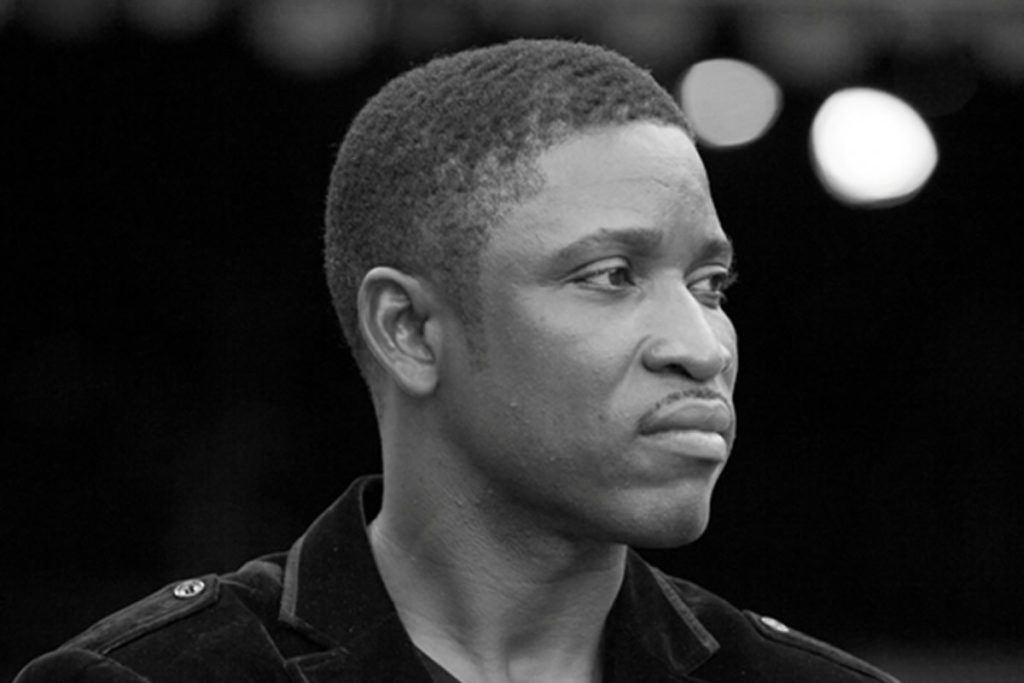It was over three decades ago that Nigeria’s Nobel Laureate, Professor Wole Soyinka passed a damning verdict on his generation; writing it off as “wasted”.
Prof. Soyinka had been frustrated that the post-independence leadership could not actualise the dream and vision of a country that held so much promise as a future global player in 1960.
The disappointed literary icon had written: “After a quarter of a century of witnessing and occasionally participating in varied aspects of social struggle in all their shifting tempi, dimensions, pragmatic and sometimes even ideologically oriented goals, I feel at this moment that I can only describe my generation as the wasted generation, frustrated by forces which are readily recognizable, which can be understood and analyzed but which nevertheless have succeeded in defying whatever weapons such ‘understanding’ has been able to muster towards their defeat.”
Nigeria remains a country that has never lived up to its potential. The post-independence leaders, the generation which Soyinka referred to as “wasted”, had failed the nation miserably. But it is also instructive to note that the first generation of political and military leaders of post-independence Nigeria presided over the affairs of the country in their youth. However, things began to fall apart as these leaders began to pander to primordial sentiments in managing the affairs of Nigeria.
This failure of leadership and the power play among the political elite culminated in the Civil War and subsequent military regimes that acted to erode rather than build the desired confidence for Nigeria’s rise to global reckoning.
If there was any hope that the succeeding generation of leaders would salvage the situation and build a prosperous nation, such hope was dashed in the Second Republic. Under President Shehu Shagari, corruption and impunity was the order of the day. The economy hit a new nadir as the Naira, which used to be at par with the dollar took a plunge. In the midst of the chaos, the military struck again in December 1983 and further exposed the country to global ridicule.
Surprisingly, instead of democracy ushering in a new generation of Nigerians as leaders in 1999, the older generation resurfaced to continue the plunder of the country.
If the older generation could not offer hope of a better Nigeria, question is: is this generation ready to move Nigeria to the next level?
In my opinion, this generation appears to be not so different from that which Soyinka described as “wasted”. Nigerian youths today are too consumed by the divisive politics of the older generation that they seem largely incapable of charting a positive path for their own future, having imbibed from the older generation all the traits that have held our country down.
Against this backdrop, the cry for a power shift to the new generation is, to me, misplaced. Today’s youth seem content to queue behind the older politicians as cheerleaders and be used as enforcers of the old order.
Many of the youths are also not immune to the corrupt tendencies of the older generation. Rather than raise a voice against corruption and impunity, they feed off the crumbs from the same politicians who have been plundering the country since independence.
One feels saddened that this generation of Nigerians cannot rise above the fault lines that have divided the country. Over the years, these fault lines have been the source of ethnic and religious crises. Unfortunately, as seen recently, both in the election of 2015 and other crises, this generation has become a part of a vicious cycle of violence brought about by these fault lines. Today, our youths are used to cause death and destruction as ethnic warriors and hate peddlers.
Some years ago, Nigeria’s former military ruler, Ibrahim Babangida was criticised for saying the youths were not ready for leadership. Looking back now, one can say Babangida was on point. There are many factors stacked against this generation. First is the loss of moral values and failure to imbibe the virtues of hard work, respect and responsibility. Nigeria is a country of quick fixes and the youth are a sad reflection of this malaise.
The few who believe in hard work do not get their due in an environment dominated by charlatans, leaving the field with very few or no role models.
Nigeria is at a crucial moment in her history, as she is in dire need of a different crop of leaders to guide her away from the current path, which only promises an implosion.
It is time to take back the country from buccaneer leaders, and prevent another generation from being wasted. The future is now.
Olupohunda wrote in from Lagos. Follow him on twitter
@bayoolupohunda

